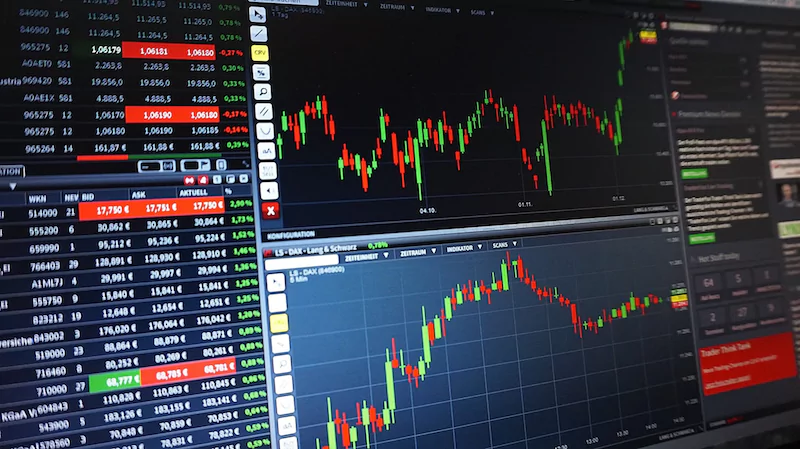Commodities Trade Finance: Making the Purchase Possible

The commodity industry is a huge money-maker for businesses across the world. The popularity of commodities has increased recently due to finding the raw materials needed for manufacturing and the production of goods for trade. However, the commodity industry is risky. The dependence on other companies for a return on investment is demanding. The commodities trade finance is there to help as they take these risks upon themselves.
Read on to see why the commodities trade finance system is needed and how it benefits you.
What Are the Basics of Commodities Trade Finance?
This form of finance also involves a number of other services, such as risk management, foreign exchange expertise, and hedging instruments. The basics of commodities trade finance involve understanding the following:
- general market trends
- the risks
- the costs associated with the transaction
- the need to effectively measure
- manage risks
The lender must be able to assess the creditworthiness of the customer, as well as the repayment terms of the loan. Furthermore, the lender must also be able to understand the legal framework that governs the purchase and sale of raw materials, as well as other trends in the market.
What Are the Different Types of Trade Financing?
Trade financing is a term used to refer to the various financing products available for businesses to finance their international trade transactions. It includes a variety of products, such as letters of credit, export factoring, export credit insurance, and credit guarantees:
Letters of Credit (L/C)
This is probably the most widely used form of trade financing. An L/C allows an importer to purchase the goods from the exporter without having to pay in advance. The exporter is confident that payment will be made within a specified time frame.
Export Factoring
This enables exporters to convert receivables into cash. It is an agreement between a factor and an exporter, where the factor advances a portion of the receivable to the exporter. The exporter will then receive the rest of the money when the invoice is paid by the importer.
Export Credit Insurance (ECI)
Together with Credit Guarantees, they are usually issued by the government. Credit insurance provides protection to the exporter against non-payment and limits their risk if the importer does not pay.
How to Make the Purchase Possible?
As a business entity looking to purchase bulk materials for the business, you can use financing to purchase the commodities and hedge against fluctuations in the prices. To do this, you would work with a financial institution or a commodities trading house.
This is crucial in order to arrange the transaction. In addition, the trading house will usually arrange to finance a portion of the purchase. In addition, hedging methods, such as futures and options, are used to protect against price volatility.
The use of commodities trade finance can help make the purchase possible and minimize the financial risk associated with fluctuations in the market. To help support your business needs, click for RightAngle support in this link.
Understanding Commodities Trade Finance
Commodities trade finance offers an array of benefits to companies by making the purchase of commodities possible. By providing advice and guidance on the purchase of domestic and international commodities, firms have the tools to be competitive in the commodities market.
To take advantage of the opportunities presented by commodities trade finance, contact your local commodities trade finance provider today.
Did you find this article helpful? You can check out Good Sites Like for more awesome content like this.

